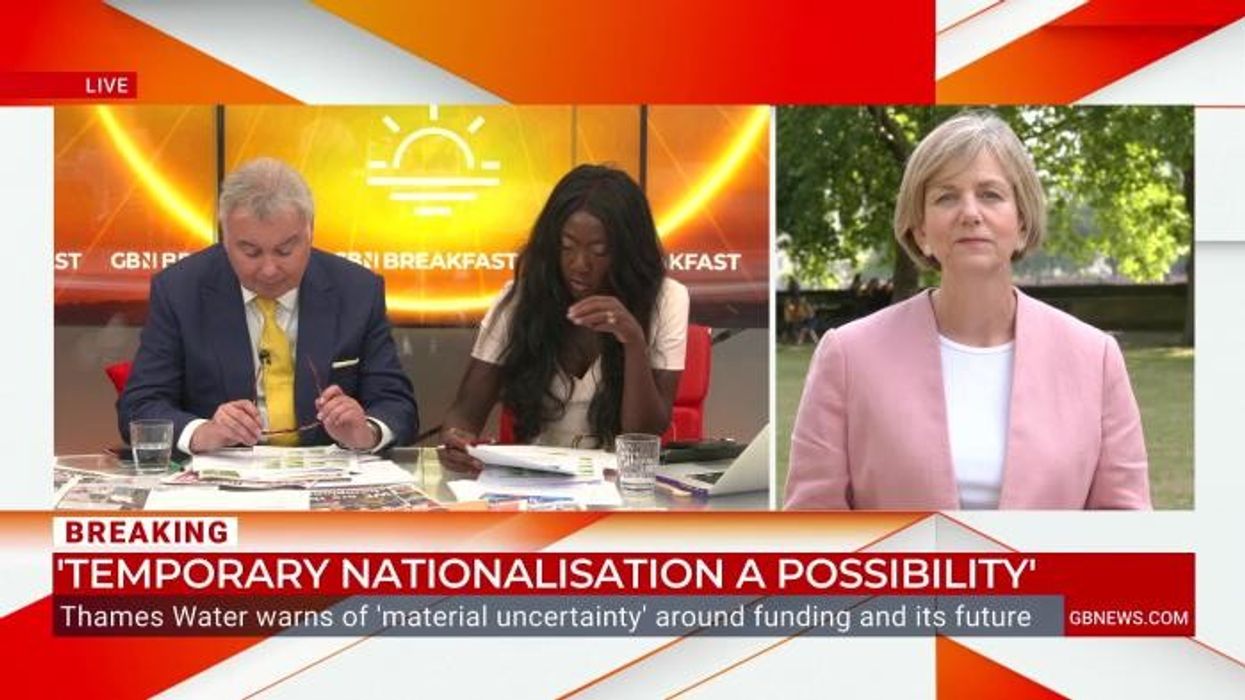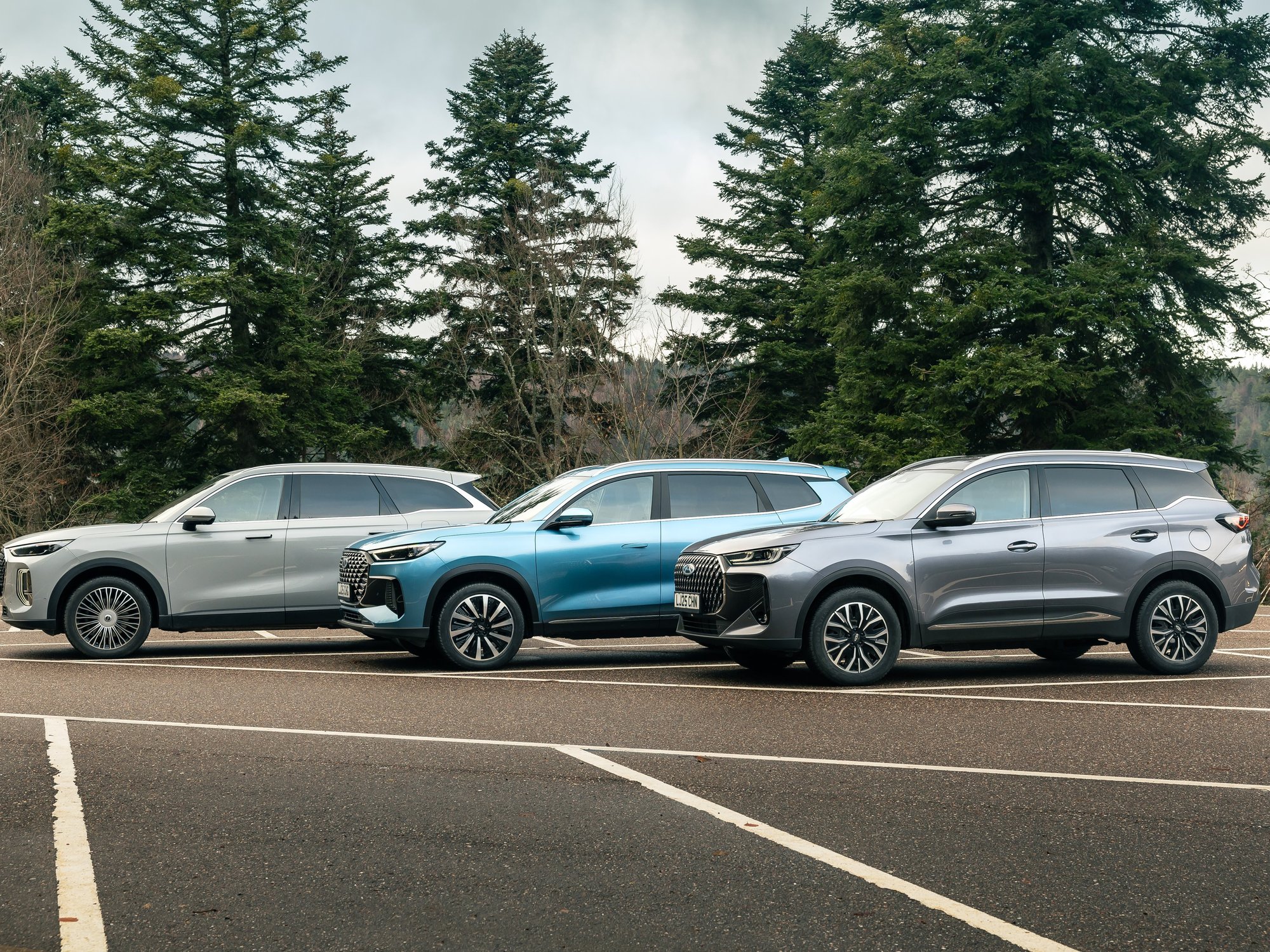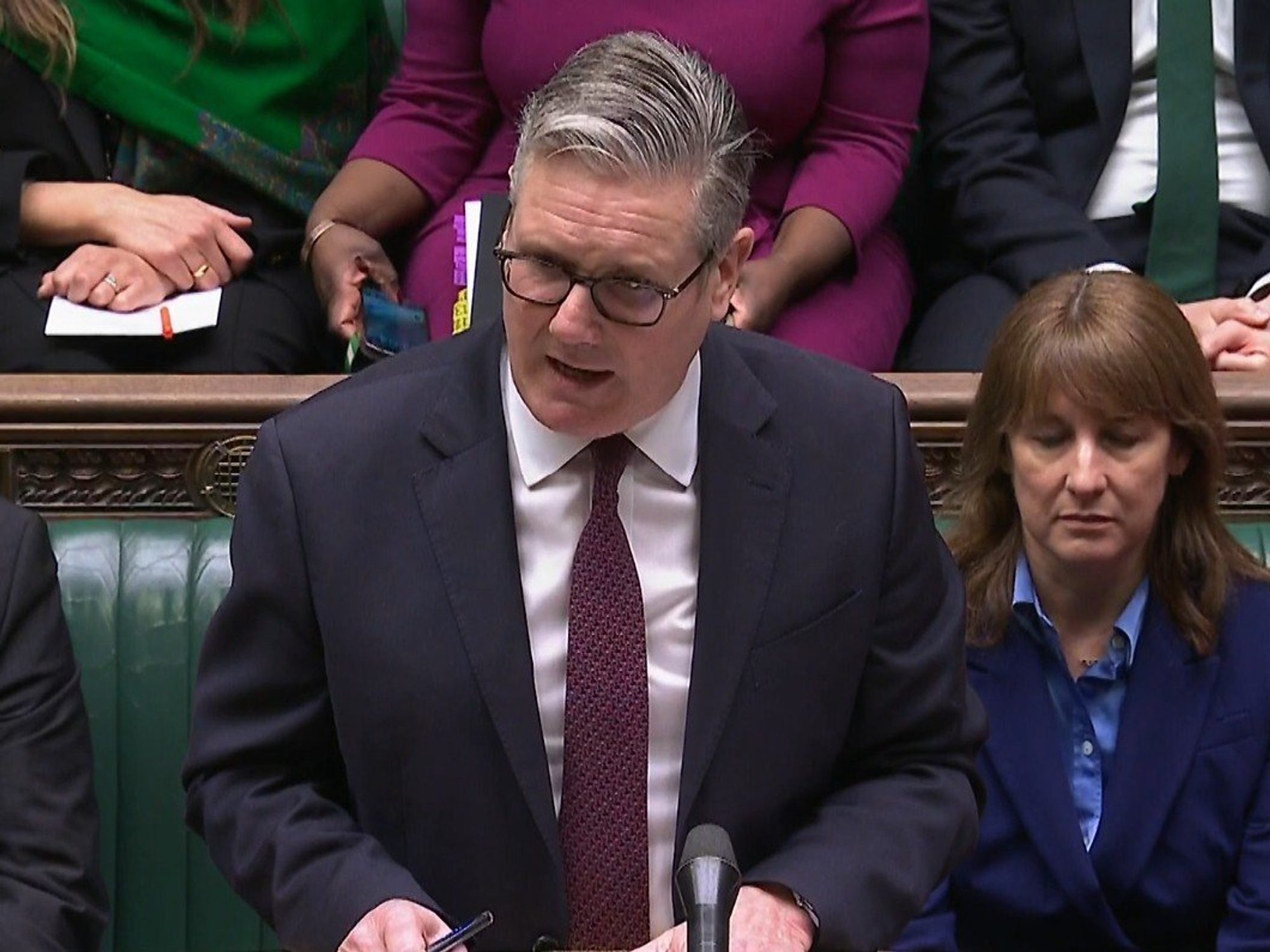Labour’s electric car plans hit roadblocks as two in five drivers face major accessibility issues

Petrol, diesel and electric vehicle owners have been urged to respond to the survey
Don't Miss
Most Read
Drivers have been urged to take part in a landmark survey which looks to improve accessibility for motorists charging electric cars across the UK.
The survey comes after reports found that two in five drivers face significant accessibility challenges with electric vehicle charging, with reports now looking to address growing concerns.
Now EVA England has called on petrol, diesel, hybrid and electric vehicles to share their feedback on whether they would switch to an EV.
**ARE YOU READING THIS ON OUR APP? DOWNLOAD NOW FOR THE BEST GB NEWS EXPERIENCE**
The initiative aims to look at the obstacles and opportunities confronting motorists throughout the UK in switching to an electric vehicle.
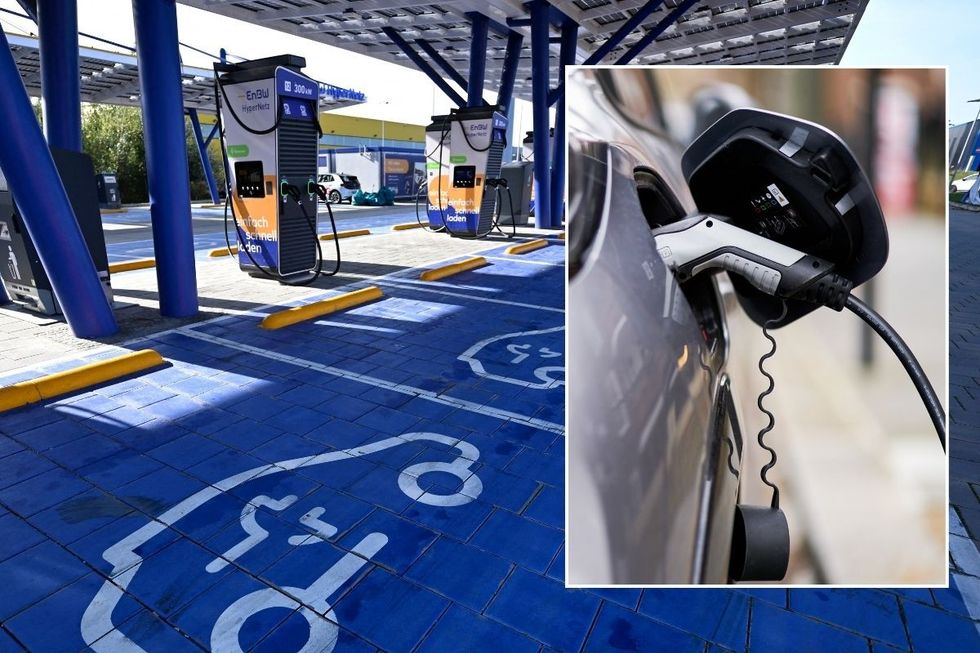 Experts are calling for more charging signage to help drivers switch to electric vehicles | GETTY/PA
Experts are calling for more charging signage to help drivers switch to electric vehicles | GETTY/PAResults from the survey will be used to inform policymakers and stakeholders about critical transport policy decisions in a bid to reduce any remaining barriers, as well as help push along the Zero Emission Vehicle mandate.
The survey will remain open until September 14, with drivers urged to share information before the cutoff date.
According to the EVA England's Cable Weight Survey Report, it exposed severe accessibility barriers facing disabled motorists attempting to use public charging infrastructure.
The findings demonstrate that more than half of drivers with disabilities experience significant difficulty operating heavier ultra rapid charging cables, which can deliver power at speeds up to 350kW.
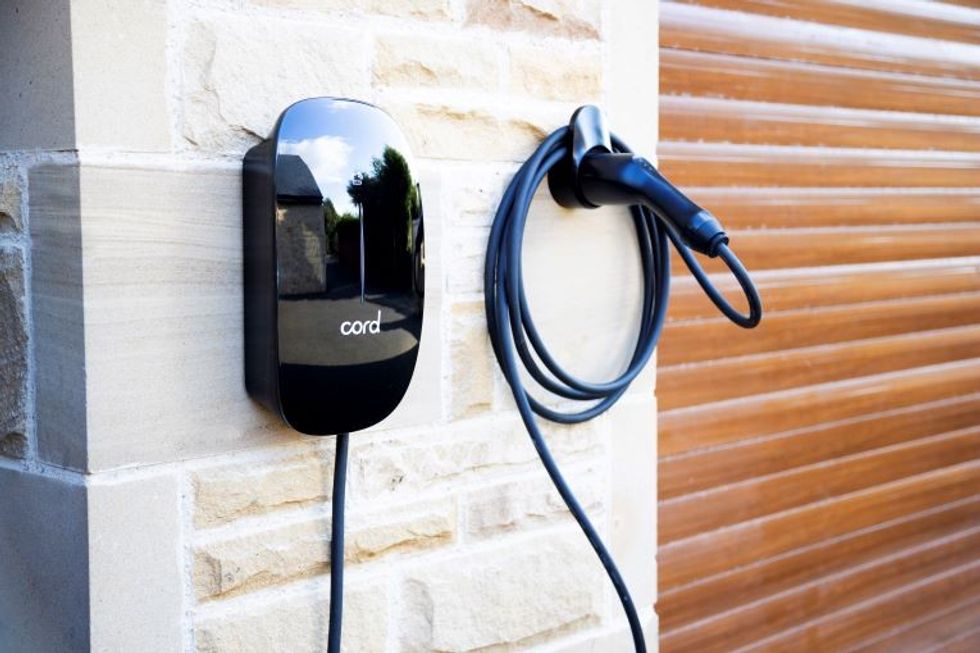
44 per cent of drivers have expressed not having access to a home charger as a key barrier for buying an EV
| CORDStandard rapid chargers, operating at speeds up to 50kW, present similar challenges, with 53 per cent of disabled drivers encountering difficulties compared to merely 10 per cent of other users.
Even fast chargers delivering up to 22kW have proven problematic for approximately 28 per cent of disabled drivers, the report detailed.
Findings have also indicated that approximately 40 per cent of British households lack driveways, preventing straightforward installation of home charging equipment.
Previous research by EVA England discovered that 44 per cent of EV drivers considered private charging availability the primary deterrent for going green.
LATEST DEVELOPMENTS:
- Sadiq Khan's road charges risk pushing thousands of popular vehicles out of London as cost hikes impact travel
- Electric Car Grant expanded as Labour offers £1,500 discount on popular EVs from VW, Vauxhall, Nissan & more
- Britons forced off roads as popular car brand extends 'stop-drive' recall over exploding airbags - Are you at risk?
Vicky Edmonds, Chief Executive of EVA England, said: "We're strongly encouraging all drivers, whether they drive electric, hybrid, petrol or diesel, to take a few moments to tell us what they feel is and isn't working for them when it comes to electric cars and their supporting infrastructure."
To combat the issue, the Government is currently looking at changing the PAS 1899 accessibility guidelines, which were introduced by the British Standards Institution in 2022 to establish minimum standards for charge point accessibility.
However, adherence to these guidelines remains voluntary, resulting in minimal compliance across the network. The current infrastructure comprises more than 80,000 public charging points throughout Britain, yet reports from Vauxhall found that only 2.3 per cent support the disability access criteria.
This shortfall becomes increasingly critical as projections indicate that approximately 1.35 million disabled individuals will depend on public charging facilities by 2035.
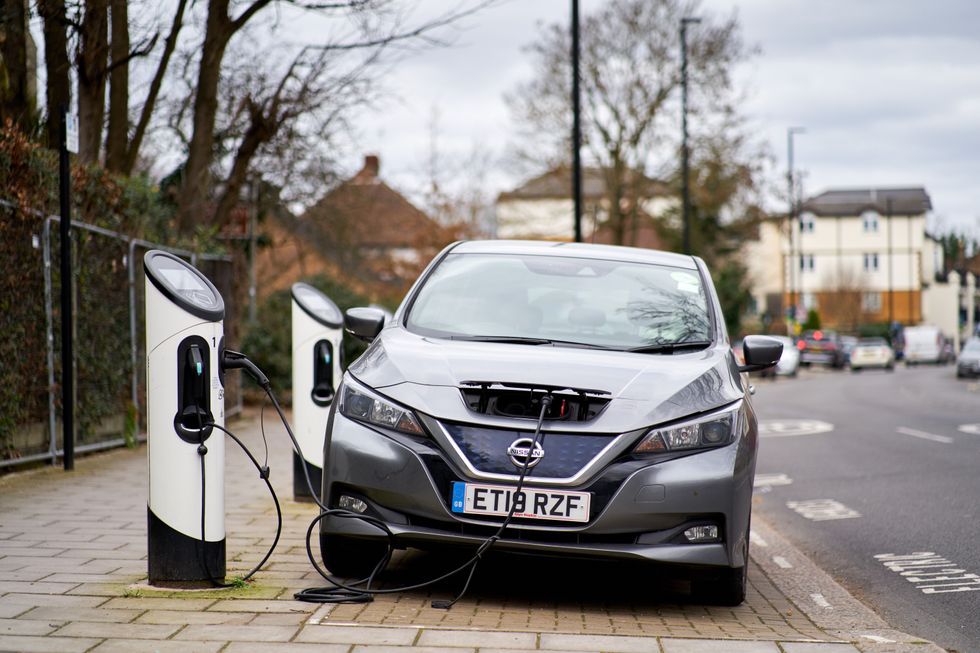
The survey found that two in five drivers have reported accessibility issues when installing an EV charger
| PASurvey respondents have described experiencing physical strain, balance difficulties and being compelled to request assistance from strangers when handling charging equipment.
"Several times I've almost overbalanced with the weight of the cable. I needed to ask for help a few weeks ago at a service," one participant reported.
Experts have now called for parliamentary action through the Planning and Infrastructure Bill, which could provide essential powers to enforce accessibility requirements. "The UK's EV rollout is a major success story. But for over a million drivers with disabilities, it risks becoming one of exclusion," Ms Edmonds warned.
Nigel Fletcher, Chief Executive of the Motability Foundation, added: "There is a serious risk of disabled people being left behind in the rollout of public EV chargepoints."


